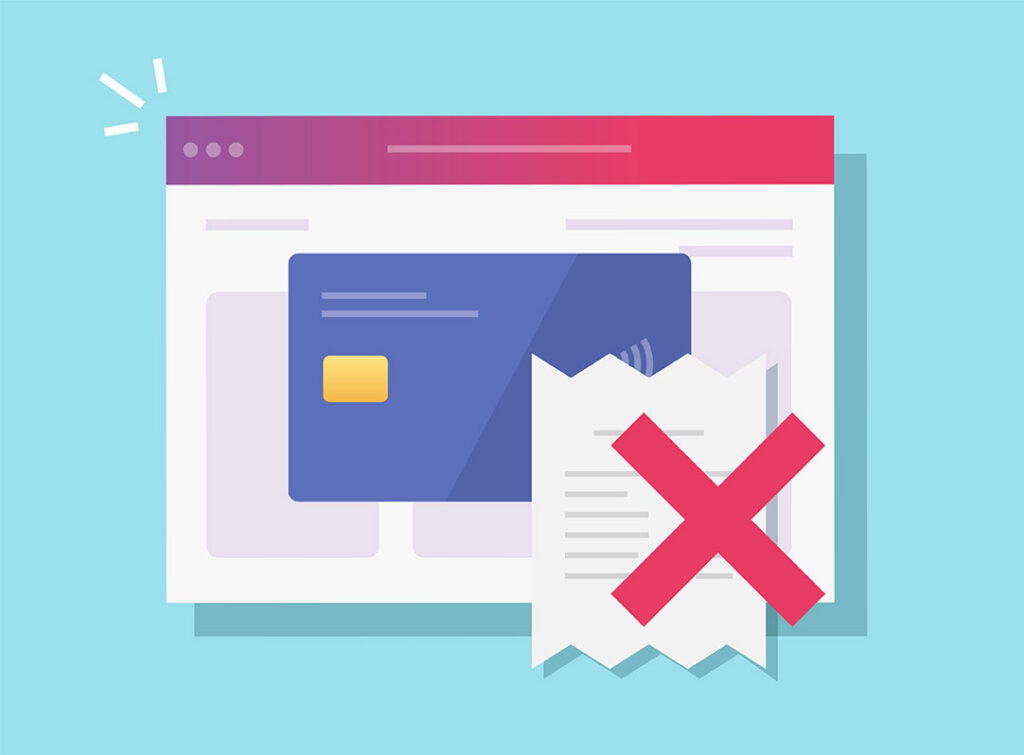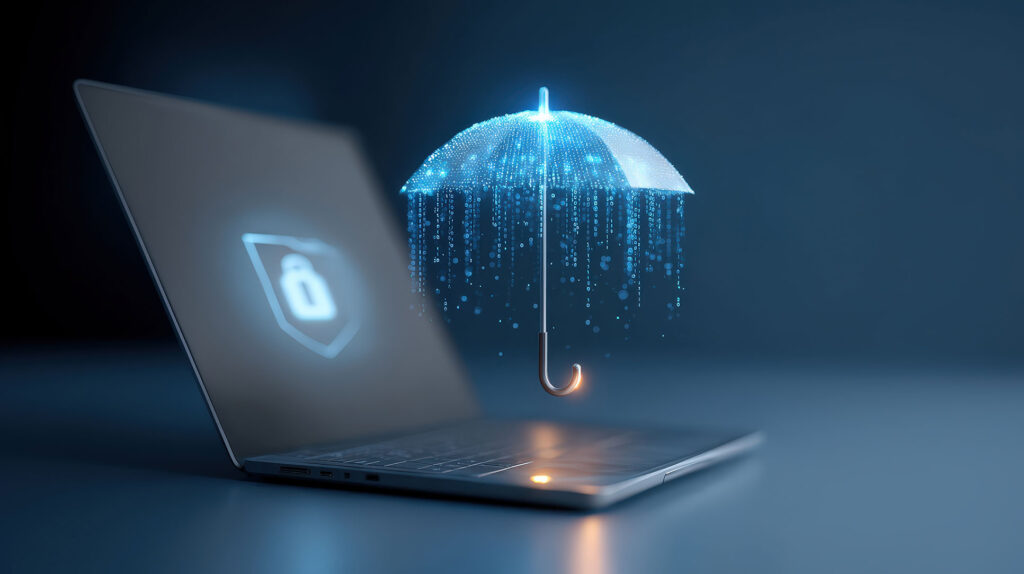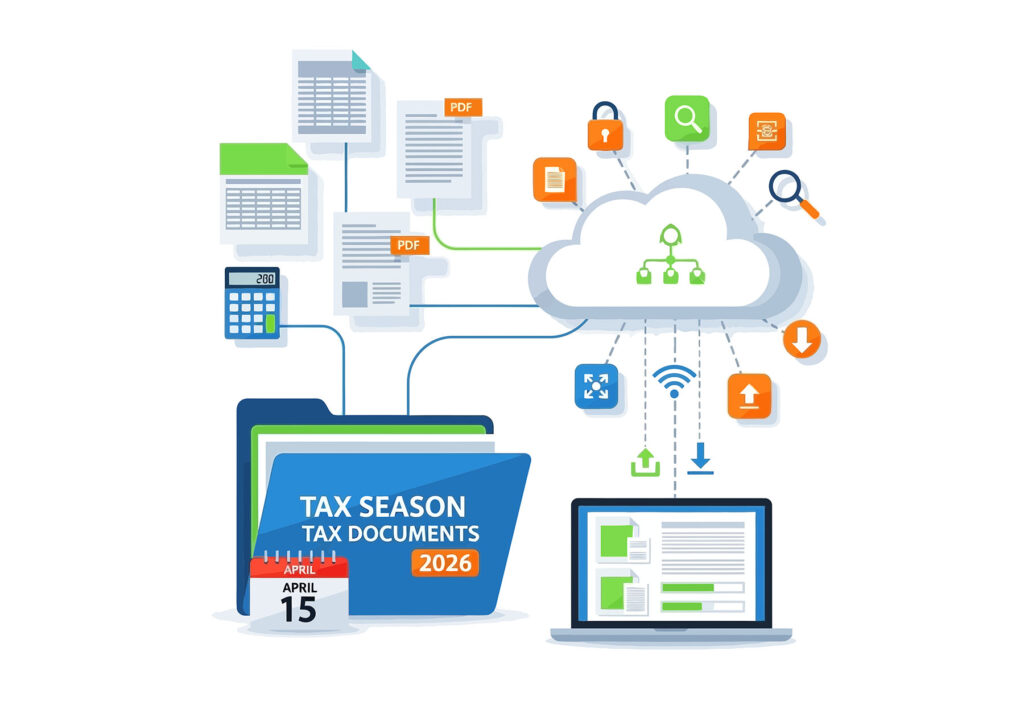One of the most common and successful tricks cyber criminals use to trigger you into falling for their scams is fake “stressor events”. In this context, “stressor events”, are shocking or compromising situations that inflict fear or provoke other emotions, for the purpose of causing an impulsive reaction.
How it works:
When the bad guys present a shocking claim to an unknowing victim, they often add a sense of urgency to drive home the “importance” of the scenario. In reality, this sense of urgency is another factor increasing the chances that you’ll react impulsively and click on their malicious links or download their dangerous attachments. Attackers explain their fake scenarios in the body of their phishing emails, but they’re also known for using shocking subject lines such as, “Act Now: Fraudulent activity on your checking account”. Though these tactics certainly aren’t limited to phishing emails, scammers also use these techniques in Smishing (SMS, or text phishing) and Vishing (voice phishing) attempts.
How to avoid falling victim to pressure:
The reason these attackers are often successful is because they‘re convincing the target to either avoid a negative consequence or gain something of value. Stop and think about the likelihood of the scenario before making the wrong move.
- Never open an attachment you weren’t expecting. Even if it appears to be from someone you know, pick up the phone to verify it’s legitimate.
- If the sender of the email is difficult to get in touch with or unwilling to speak on the phone, it’s likely a scam.
If the sender requests that you send or receive money in unusual ways it’s probably a scam. For example, if they’re requesting a payment in the form of gift cards, don’t fall for it!
Stop, Look, and Think. Don’t be fooled.







